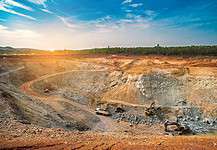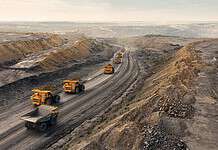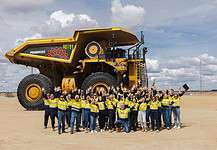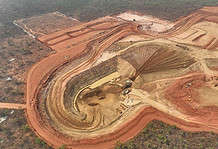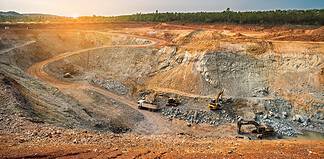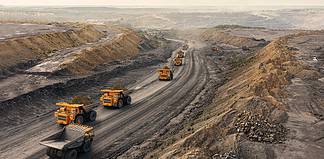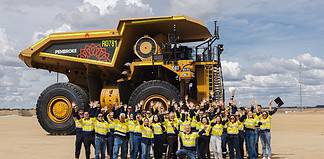CHINESE demand for seaborne energy coal increased in 2019 despite increased demand for other forms of power, according to BHP’s latest economic and commodity outlook published in February this year.
The report, focused on the first half of 2020, states demand for energy coal is expected to retain competitiveness in India and other populous, low-income emerging markets for a much longer time.
The International Energy Agency (IEA) forecasts coal demand in Southeast Asia will grow by more than five pc per year through to 2024, led by Indonesia and Vietnam, and with new plants being developed in South Asia.
IEA’s energy markets and security director Keisuke Sadamori said global trends will ultimately depend on China, where half of the world’s coal is produced and consumed.
“Demand continues to expand in Asia and coal’s fate is increasingly tied to decisions made in Asian capitals,” he said.
“Countries in South and Southeast Asia, such as India, Indonesia and Vietnam, are relying on coal to fuel their economic growth.”
The NSW Minerals Council says the State is in prime position to capitalise on this growing demand as new technology coal-fired power plants being developed in Southeast Asia work best using the type of high-powered coal NSW produces.
The Mt Arthur coal mine produces coal for domestic and international customers and is also known as New South Wales Energy Coal (NSWEC).
NSWEC is moving to a strategy of optimising product quality, with volume expected to decrease and unit costs to increase in the short term.
In October 2018, BHP awarded Thiess a five-year $1.2b mining services contract to complete end-to-end mining services in the Ayredale and Roxburgh pits (referred to as Mt Arthur South) over five years.
BHP will remain the mine and lease holder of Mt Arthur South and Mt Arthur North, and mine operator of Mt Arthur North.
The exploration and mining areas of the Mt Arthur Coal Mine consist of the Mt Arthur North Lease which began producing in 2002, the Bayswater No. 3 Lease in 1995 and the Bayswater No 2 Lease in 1968.
In recent years, most production took place at the Mt Arthur North Lease.
Thiess has been operating in the Hunter Valley since the 1940s and this was Thiess’ third successive contract with BHP.
The company is contracted to perform mine design, planning and scheduling services, drill and blast operations, overburden removal and coal mining under the new agreement, enabling work to intensify at the Ayredale and Roxburgh pits in the southern portion of the mining lease.
Ayredale pit was reopened to gain access to a higher margin resource over the next decade and to allow for coal to be extracted from a challenging zone that BHP has not previously been able to successfully mine due to the steeply dipping nature of these seams.
Multiple elevated roadways were constructed to reduce haulage cycle times and increase productivity.
Planned expansion of the mine will see production lift to 24mtpa and this is also expected to create about 300 local jobs.
BHP is expecting these multiple elevated roadways project and continued improvements to truck and shovel productivity will lead to lower costs in the medium term.
The mine consists of 21 individual coal seams averaging about two metres in thickness and produces over 20mtpa of run-of-mine coal.
Overburden is removed after blasting, using draglines or truck and shovel, with electric-powered shovels keeping operational noise to a minimum.
Coal is then extracted using excavators or loaders, then loaded onto trucks and taken to stockpiles or directly to a beneficiation facility.
The Mt Arthur coal mine uses large equipment such as graders, dozers, excavators, drills, shovels, trucks and water carts throughout its operation.
BHP has shown its support of the Muswellbrook community during the current coronavirus pandemic by reducing payment terms for small, local and indigenous businesses and making immediate payments of outstanding invoices.
Payment terms will be reduced to seven days from 30 days, including Mt Arthur Coal, for more than 1100 small Australian business.
This move to accelerate payments is expected to deliver approximately $100m more quickly into the hands of its small business partners.
BHP chief executive Mike Henry said local and small business partners played a critical role in supporting the company’s operations and its people.
“We know this is a very difficult time for them and we must look out for each other as we manage through this together,” he said.
BHP spends about $1.5b annually with local Australian suppliers.


